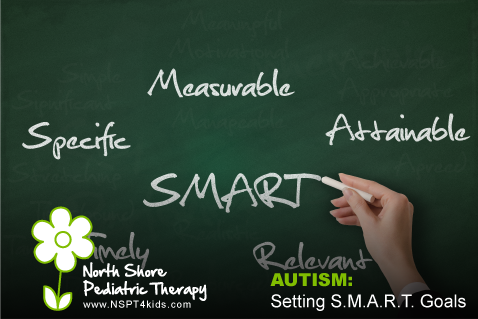In December of 2008, the state of Illinois passed a law that would force insurance companies to provide benefits for children with autism. That law states that all benefits such as co-insurance, co-payments, and deductibles must be applied to the annual benefit for children with an autism spectrum disorder. Autism spectrum disorder, as defined by the law, includes autism, Asperger’s disorder, and pervasive developmental disorder not otherwise specified.
The annual benefit at the time of the law passing was $36,000. This translated to a long lasting year of coverage for children with autism who often receive multiple therapy services. Each year, the Director of the Division of Insurance revises the law and updates the yearly maximum for inflation. For the year of 2011, the annual benefit for a child with autism is $38,527.
What does this mean for my child who has an autism diagnosis?
If you have a deductible in your plan, you will need to satisfy it before benefits will be paid. Once that deductible is met, your co-insurance will take effect. Some common insurance plans have a 90/10 benefit. This means that your insurance policy will pay 90% of the allowable charges and the member will be responsible for 10% of the charges. Other plans have an 80/20 benefit which translates the same way.
Should you choose to seek services from an out of network provider, your out of pocket cost will change. In addition to being responsible for the member’s portion of the co-insurance, you will also be responsible for anything deemed over the allowable amount by your insurance carrier. Where you choose to receive services for your child is your personal choice as a parent, just be sure to verify that you have out of network benefits available for the services you seek.
Are all children with autism covered under this annual benefit?
No. There are a few exclusions to the law, formally known as Public Act 095-1005. The following types of insurance policies are exempt from following the law:
- Self-insured, non-public employers
- Self-insured health and welfare plans
- Insurance policies or trusts issued in other states
PPO vs. HMO
In my honest opinion, many large insurance carriers in Illinois still do not have any idea how to manage this annual benefit for children with autism. Often with the Participating Provider Option (PPO) policies from various insurance carriers, benefits are not paid for children with autism. This causes stress on the parents while they fight with their insurance carrier to get the benefits that are required by law.
As a result of the challenges I have witnessed with PPO insurance policies, I have witnessed the immense care, compassion, and organization that the Health Maintenance Organization (HMO) policies offer to families who have a child with autism. HMO policies have an excellent handle on how to manage this annual benefit. HMO policies have also been able to find providers local to a family’s area that provide the services that children with autism commonly benefit from, such as applied behavior analysis (ABA), occupational therapy, speech therapy, physical therapy, psychiatric care, and psychological care.
There are differences with HMO’s compared to PPO policies. A referral is needed for any service that is provided to an HMO patient, with the exception of those services provided by your primary care physician.
Does this new law improve insurance coverage?
This all may sound like an amazing benefit, and it is, however when I look at the benefit as a whole, only one thing changes from your traditional insurance benefits. Your yearly maximum for a therapeutic discipline may be 75 visits per year. This law changes the 75 visit limit to $38,527 for the annual 2011 benefit for services provided to a child with autism.



































